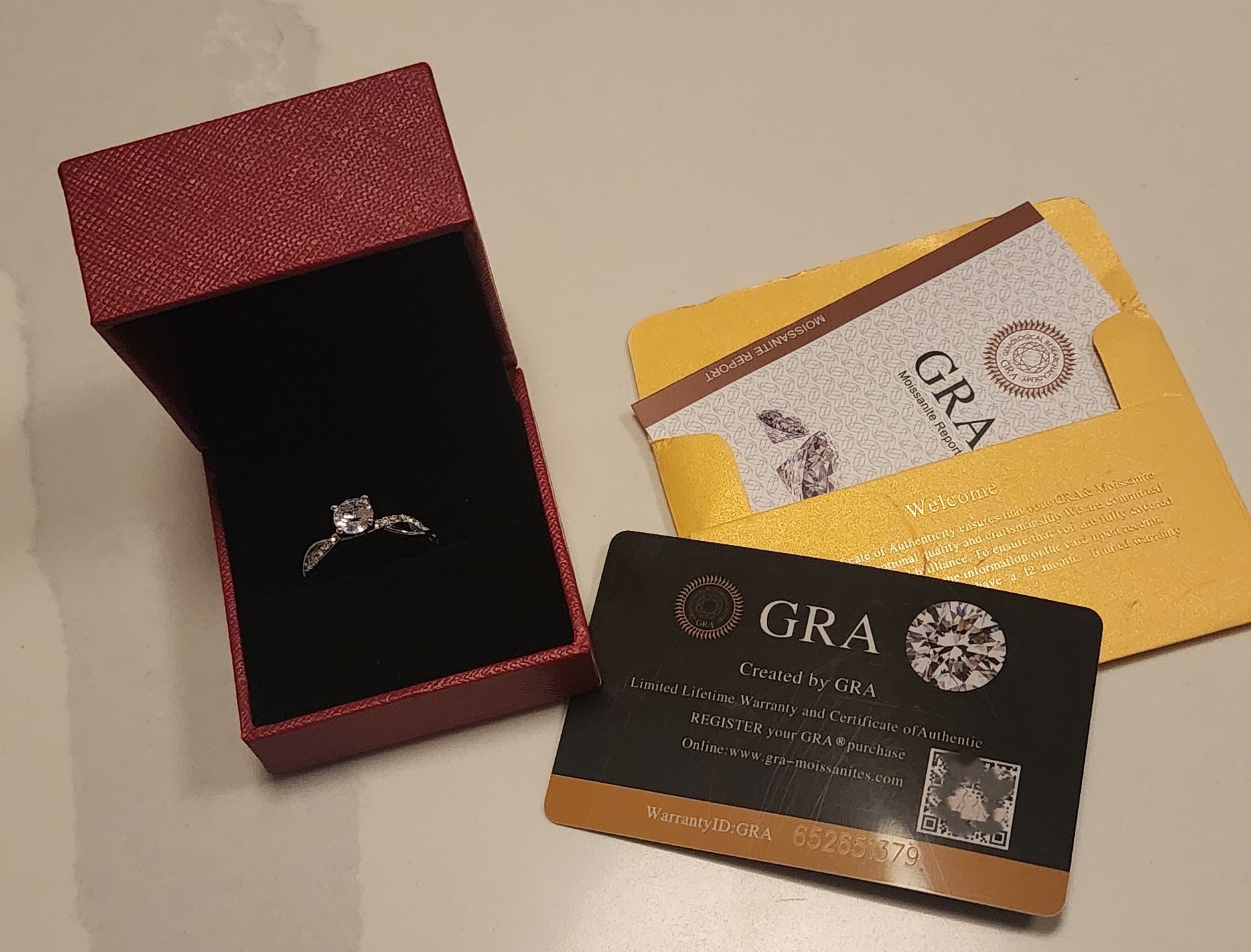For many reasons, U.S. cruise customers were hesitant to hit the high seas last year, upending an industry built off those seeking relaxation and exploration in their free time.
As travel bans progressed during the coronavirus pandemic, many individuals who had plans to set sail had their trips canceled, leading to anxiety, uncertainty and miscommunication regarding cruise companies’ refund policies.
Turns out, there are no universal federal guidelines for U.S. cruise companies when it comes to refunds for canceled trips.
But now, federal regulators are proposing new rules to help financially protect passengers’ pocketbooks from future travel plan disruptions.
Get top local stories in San Diego delivered to you every morning. >Sign up for NBC San Diego's News Headlines newsletter.
Passengers like Joshua Smith and his extended Village of Oswego family.
Like many families, Smith said his family was excited to enjoy their seven-day cruise to the Caribbean on Norwegian Cruise Lines, a cruise ship run by company Norwegian Cruise Lines, at the end of March 2020.
Smith paid for the family’s reservations in late 2019, unaware that the world would be rocked by a global pandemic months later.
“Everything was in place, we had booked our excursions, and everything was good to go before 2020 even started,” Smith explained. “But then, as we got closer in that February [2020] time-frame when COVID-19 started to ramp up: We really became leery.”

In February 2020, Smith said he began to worry over whether the cruise would be safe as the virus started to spread. The medical community issued warnings over person-to-person transmission. Among Smith's family were some family members who are high-risk. Smith said he thought the cruise could put his family at greater risk of falling ill.
NBC 7 Responds
Recovering your money
Meanwhile, heading into March 2020, the family said they hadn’t received any notice of changes from Norwegian Cruise Lines.
“We were extremely hesitant,” Smith told NBC 5 Responds. “It just continued to get worse and worse to the point where we knew we really weren't going to go."
Finally, on March 6, 2020, Smith said he received an email from Norwegian Cruise Line, offering the family and its anticipated customers a “Peace of Mind” offer including a 100% future cruise credit for anyone who did not want to attend the cruise.
Smith told NBC 5 Responds he agreed to this offer, as it was the only option available to get some sort of use out of the more than $5,200 they had spent on their planned trip.
But a week later, on March 14, 2020, the Centers for Disease Control and Prevention (CDC) announced a “No Sail Order,” banning all U.S. cruise lines from traveling.
Sailing was no longer an option for any Norwegian passenger.
On that same day, the Smiths’ planned Caribbean cruise was officially canceled by Norwegian Cruise Lines.
Smith said Norwegian sent another email out to customers with a new offer: a full cash refund or a 125% future credit through Norwegian. Favoring a cash refund over the previous “Peace of Mind” future credit offer, Smith reached out to a representative at the company.
But Smith said the Norwegian representative’s response left him taken aback.
“She indicated that we had already taken the previous policy, and we were not eligible for this one,” he said.
Smith explained his complaint was shared with several Norwegian Cruise employees but ultimately, he was told the full cash refund offer was “only for guests that were still planning on going on their sailings,” according to an email response shared with NBC 5 Responds.
“We were extremely frustrated,” Smith said. “I mean, especially for my grandma and my mother, it's a fairly large expenditure for them, and so we felt like we were being held hostage there.”
Smith and his family are not alone.
Over the course of last year, many anticipated cruise customers were left confused by company refund policies, and it turns out, there are no universal regulations in the U.S. on cruise refunds.
The Federal Maritime Commission (FMC) is an independent agency tasked with regulating U.S. transportation systems across the globe, including passenger vessels.
During the pandemic and CDC’s ‘Do Not Sail’ directive, the FMC launched an inquiry: Were stricter regulations needed to protect cruising consumers in the event of a canceled voyage?
In July 2020, according to the FMC’s findings, the inquiry concluded that “clearer guidance is needed in determining whether a passenger is entitled to obtain a refund if a [passenger vehicle operator] cancels a voyage, makes a significant schedule change, or significantly delays a voyage.”
As a result of the findings, the FMC drew up new guidelines, not only laying out when a refund is due but also a timeline for how long companies or cruise operators have to issue refunds to customers.
The FMC’s new refund rules were released Tuesday via a "Notice of Proposed Rulemaking." The public will have 60 days to comment on the rules before the commission conducts a final vote of approval.
John DeCrosta, a spokesperson for the FMC, told NBC 5 Responds that given the timeline, the earliest the rules could go into effect would be late-2021 or early 2022.
DeCrosta also added that the rules will apply to customers moving forward, and will not be retroactive. Meaning for customers still fighting for refunds like Joshua Smith, those customers are still left over a barrel.
“At this point, I really just want a refund,” Smith said.
NBC 5 Responds reached out to Norwegian Cruise Line asked why the Smith family was not eligible for a refund even though Norwegian Cruise Lines canceled their trip due to the pandemic.
The company did not respond to our repeated requests for comment, but three days after we emailed Norwegian, Joshua received a new email.
More than a year after his original request, Norwegian said by email that the Smith family was now eligible for a full cash refund of his family’s trip: totaling more than $5,200.



